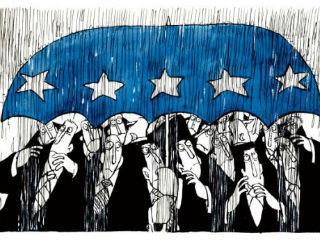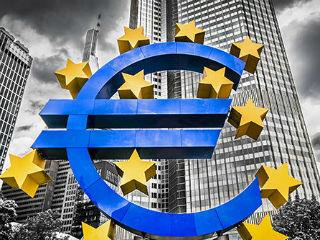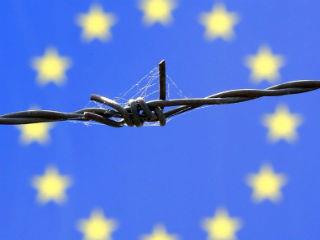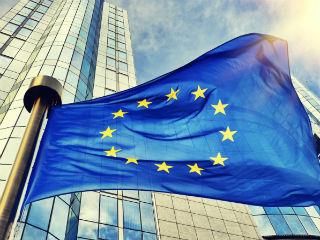
Too late to save the EU?
Brexit brought an enormous excitement in the discussion about EU's future. The unexpected election of Trump as US President another one. The Pavlov reaction by many of the EU leaders was twice the same old song: we need more Europe, more budget, more buildings, more staff, more member states
There was hardly any attention for analyses and ideas of experienced people, pro-Europe but with a critical approach of the current EU. That seems too much for Europhiles pur-sang as the liberal Verhofstadt, the socialist Pittella, etcetera. Their firm rigid and short-sighted attitude is: who doesn’t agree with me, is against me.
‘The EU’s achievements in 60 years of progressive integration far outweigh its present shortcomings’, writes Giles Merritt, Founder of Friends of Europe, a distinguished Brussels based think tank. Daniel Guéguen, another pro-European veteran, blames the so-called Big Bang, the expansion from 15 to 28 member states in the beginning of this century, for the current problems. This nearly doubling of the number of member states in a very short period caused, in his opinion, the ‘totally unmanageable’ situation the EU is in.
Maybe we have also to listen to two Americans authorities, sympathising with the European integration process but in critical way: Nobel Prize winner Stiglitz and Walter Russel Mead. In their analyses of the disarray the EU is in, the euro is the cause. Both advise to deal with this cause of the problem, the euro, instead of having to struggle with the consequences of it. Or as the Germans call it: nicht kurieren am Symptom.
The well-known Greek journalist, Athanase Papandropoulos, approaches the EU problems more philosophical. You can find the 5 articles in this special report.
N. Peter Kramer,
Editor-in-chief

How a common currency threatens the future of Europe
The Euro started 17 years ago, and was supposed to enhance commercial ties, erode borders and foster a spirit of collective interest, furthering the evolution of former wartime combatants into fellow nations of a united Europe, the European Union

The European Union: 20 years in the wrong direction
Brexit on 23 June, glyphosate on 24 June… On issues big and small, the EU needs to re-build itself from top to bottom

The EU and its ancient enemies
Seventy years after the famous speech of W. Churchill in Zurich the specter of nationalism is once again present in Europe. On September 18, remind us the Foreign Affairs Magazine, the Alternative for Germany, the Islam and anti-immigrant party won 14.2 % of the vote for the Berlin’s regional parliament

Europe needs its realist past
The founders of the European Union were hard headed pragmatists—and their wisdom could help today’s leaders handle Putin, migration and Brexit

Making the most of Europe’s ”saving graces”
No one would deny that these are difficult times for the European Union



 By: N. Peter Kramer
By: N. Peter Kramer
